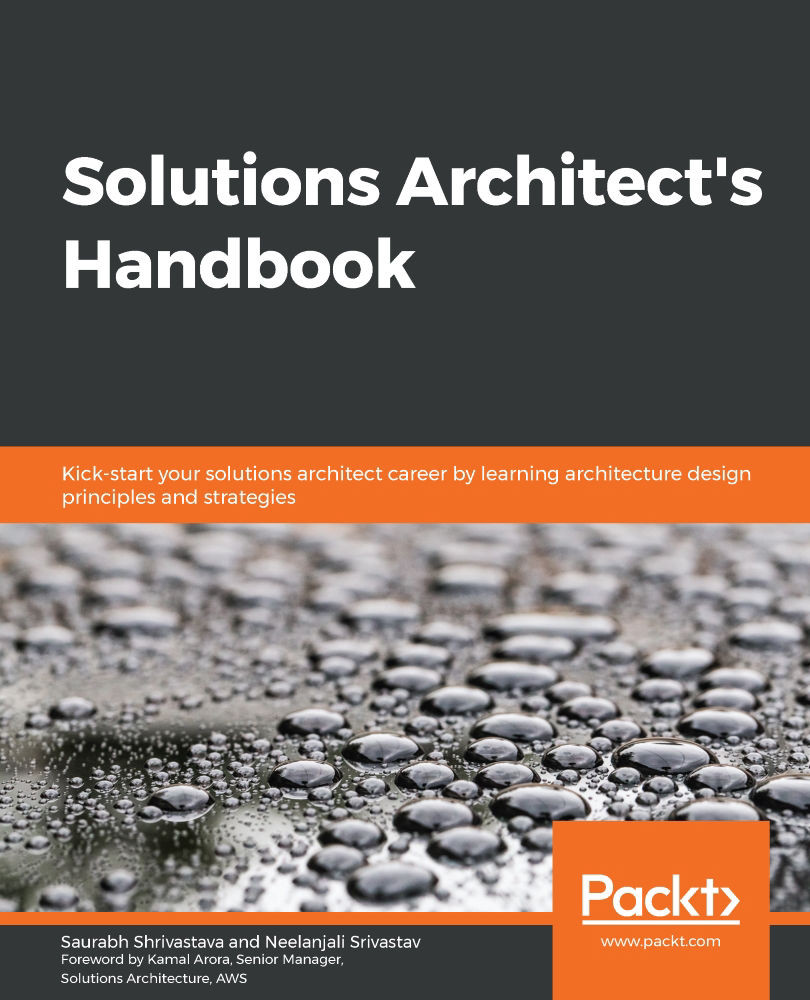Oftentimes, you will need to search a large volume of data to solve issues quickly or get business insights. The ability to search your application data will help you to access detailed information and analyze it from different views. To search for data with low latency and high throughput, you need to have search engines as your technology choice.
Elasticsearch is one of the most popular search engine platforms and is built on top of the Apache Lucene library. Apache Lucene is a free and open source software library that is the foundation of many popular search engines. The ELK (short for Elasticsearch, Logstash, and Kibana) stack is easy to use for the automatic discovery of large-scale data and to index it for searching. Because of its properties, there are multiple tools that have been developed around Elasticsearch for visualization and analysis—for example, LogStash works with Elasticsearch to collect, transform, and analyze a large amount...


